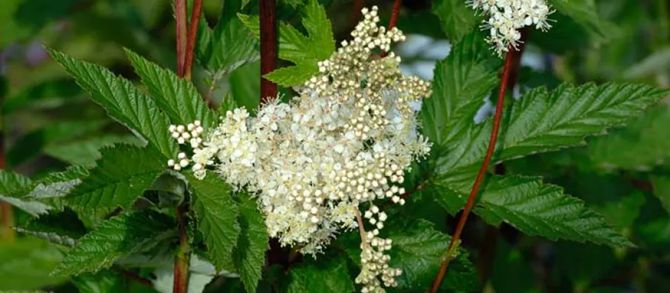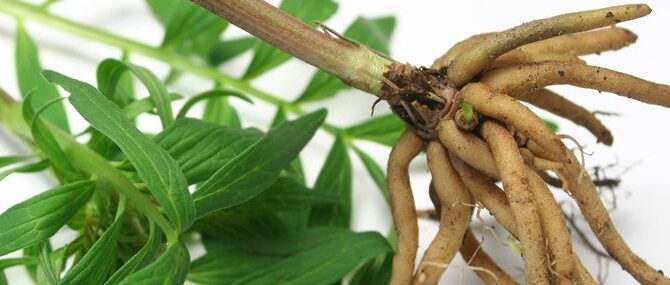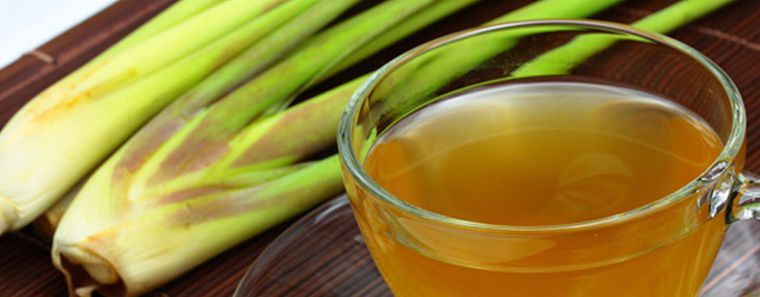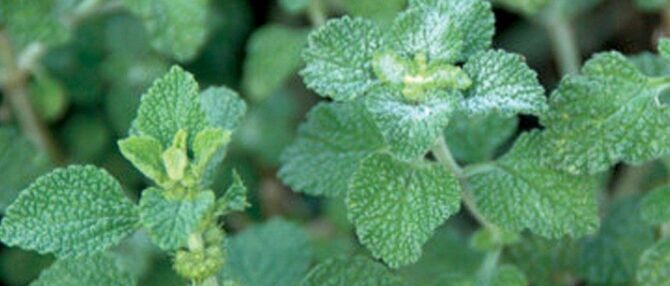Herbal Remedies
Meadowsweet Medicinal Uses
Meadowsweet Medicinal Uses are many and the herb has been used for centuries due to its high supply of antioxidants and anti-inflammatory compounds. Early Romans reported its use as a sacred herb. Filipendula ulmaria, commonly known as Meadowsweet or mead wort, is a perennial herb in the family Rosaceae that grows in damp meadows. It is native throughout most of Europe and Western Asia.
Common Names: Queen of the meadow, pride of the meadow, meadow-wort, meadow queen, lady of the meadow, dollof, meadsweet, and bridewort.
Meadowsweet Medicinal Uses Overview
Meadowsweet is an effective anti-inflammatory herb, containing the chemical constituent salicylic acid which is similar to Aspirin. It also contains flavonoids and tannins. Tannins help decrease inflammation and also mucus.
Among its benefits, it may help in the treatment of:
- Headache.
- Stomach and intestinal problems such as peptic ulcer, dyspepsia, flatulence and diarrhea.
- Heartburn.
- Joint pain, Arthritis & Gout.
- Muscle cramps.
- Fever, Colds and flu-like infections.
- Skin conditions such as acne.
Caution: Meadowsweet should not be used by pregnant women, those taking painkillers, or people with sensitivity to aspirin or other salicylate-containing drugs.
Meadowsweet Herbal Preparations and Uses
Parts Used: Aerial parts
- Tincture
- Compresses
- Infusions
Meadowsweet Herbal Recipes
Meadowsweet Tea
- Pour 1 cup of boiled water over approximately 1 tablespoon of dry, loose herb.
- Steep covered for 15-20min.
- Strain, drink and enjoy.
Disclaimer
Medicinal Information:
All medicinal information on this website is for educational and informational purposes only and may not be construed as medical advice. The information is not intended to replace medical advice or treatment offered by healthcare professionals.
Seeds, Plants, Plant Cuttings, Geophytes and Dried Herbs:
In some countries and provinces, certain plants are deemed as invasive and are not allowed to be planted at all, whilst some plants are allowed to be grown only in certain areas or provinces. The onus is on you as the buyer to familiarize yourself with the regulations pertaining to your location, before purchasing any of our seeds, plants, plant cuttings, geophytes or dried herbs. We will not be held liable, should you purchase any seeds, plants, plant cuttings, geophytes or dried herbs. from us which are prohibited in your country or province.









